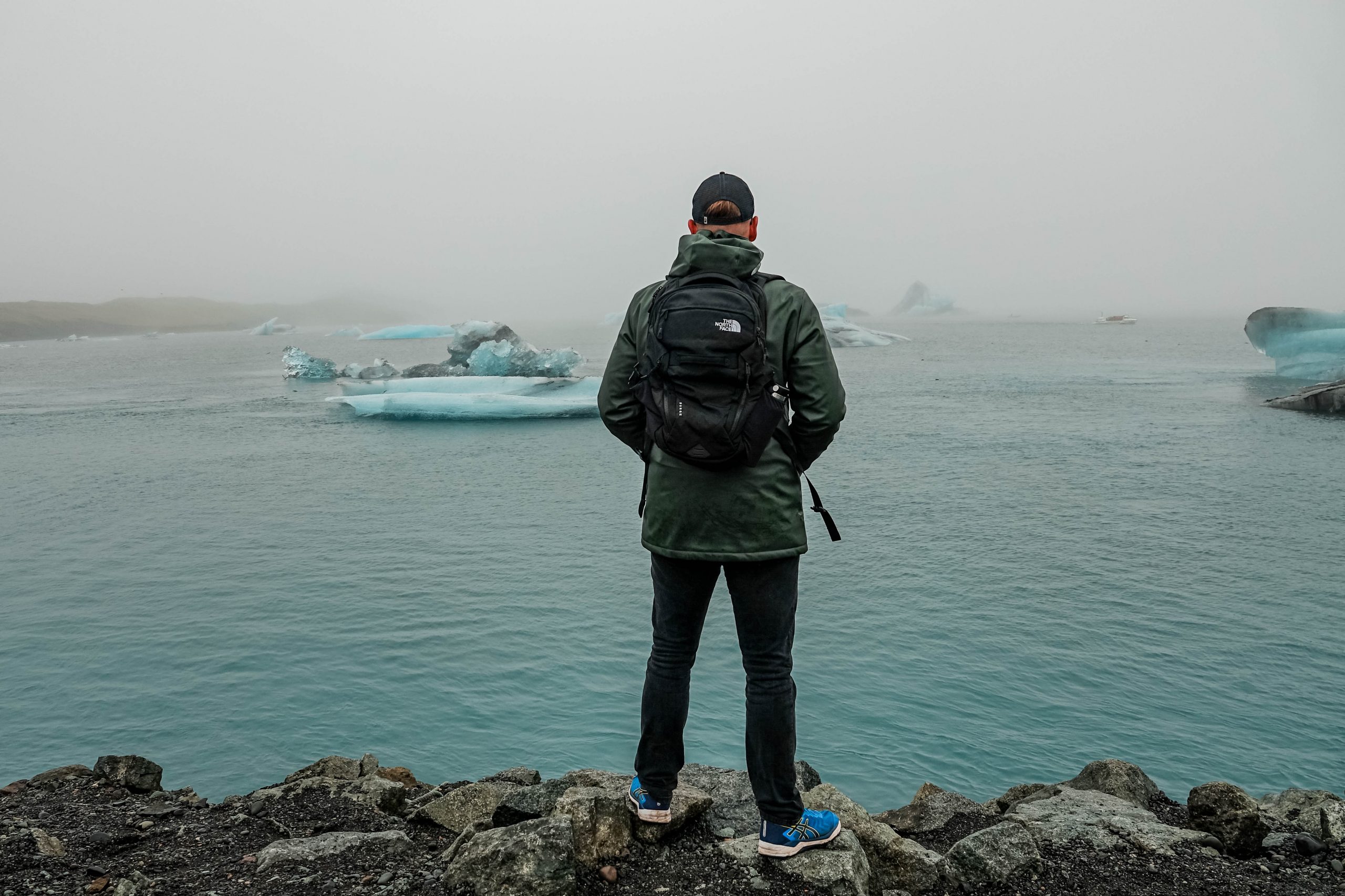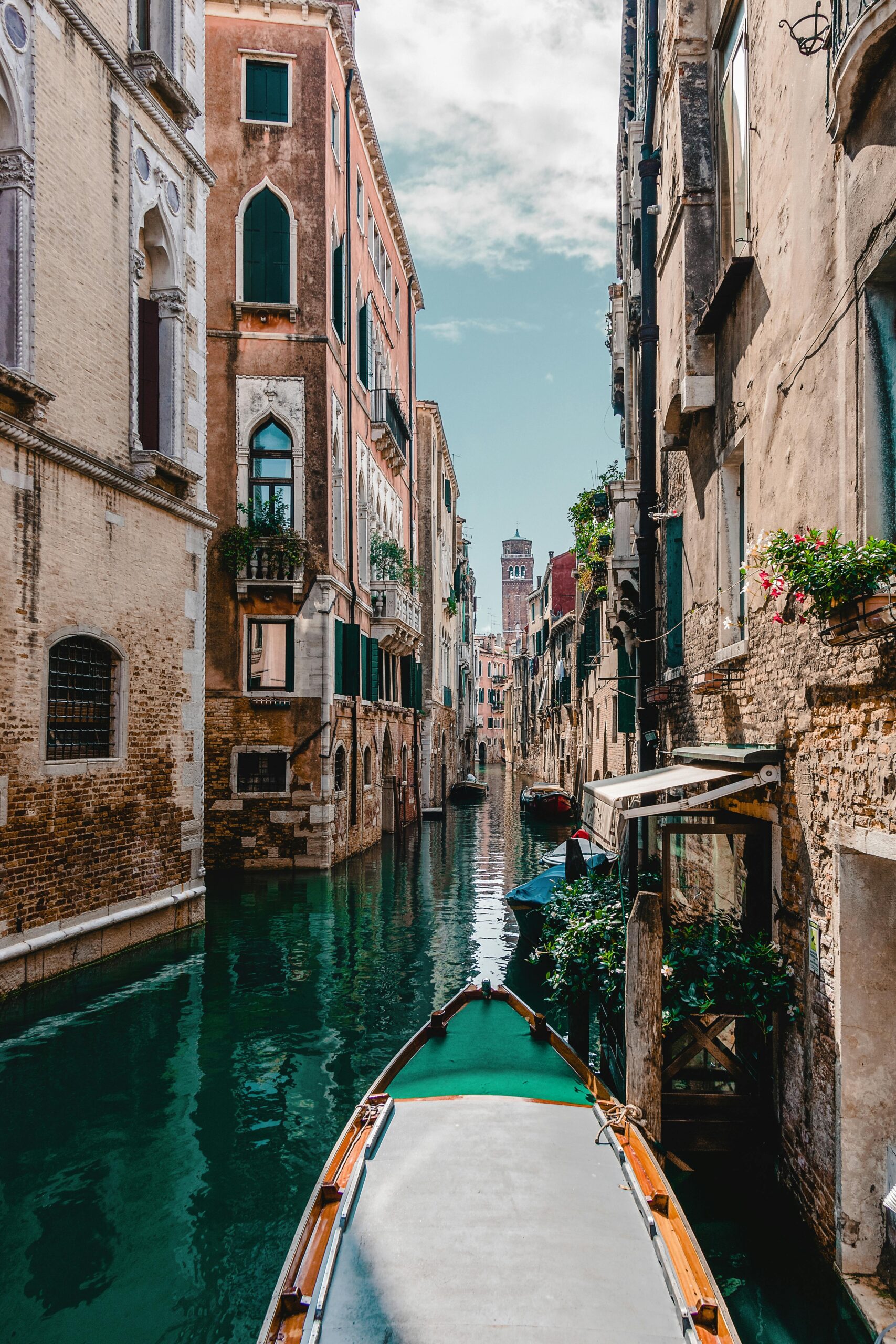Planning a holiday should be the exciting start to your adventure, not a stress marathon. From deciding where to go to figuring out the logistics, getting everything right upfront can make a huge difference. Here’s a guide to the essentials to keep in mind before you click “book” on your next trip.

1. Where to Book – Finding a Reliable Site
The internet is brimming with booking platforms, all claiming to offer the best deals. But how do you know which ones to trust? Finding a reliable site for low cost holidays without sacrificing on quality is crucial. Look for those with positive reviews, transparent cancellation policies, and good customer support. Some platforms specialise in package deals, while others let you build your own itinerary. Decide what works best for you. Remember, a quick price check across a few sites might reveal hidden costs or a better deal elsewhere.
2. Timing is Everything – Picking the Right Travel Dates
Choosing when to travel can have a huge impact on your budget and overall experience. Are you aiming for peak season when attractions are buzzing, or would you prefer the quieter charm of off-season travel? It’s worth noting that peak season often means higher prices, crowded spots, and long queues. Off-season travel, however, might bring fewer crowds and lower prices, though some attractions could be closed. Think about what matters most for you: a lively atmosphere or peaceful exploration?
3. Accommodation Options – What’s Right for You?
Once you’ve figured out your destination and dates, the next step is deciding where to stay. Accommodation isn’t just a place to sleep; it can shape your holiday experience. Think about what fits your style and budget. Here are some options to consider:
- Hotels – Great for added amenities like pools, gyms, and on-site restaurants, but often pricier.
- Hostels – Perfect if you’re on a budget and looking to meet fellow travellers, but keep in mind you might be sharing spaces.
- Vacation Rentals – Offers a “home away from home” feel, ideal for groups or families who want more privacy and space.
- Eco-Lodges – For the environmentally conscious, these often provide unique, nature-focused experiences but may come with a higher price tag.
- All-Inclusive Resorts – Great for a hassle-free stay where everything’s included, but it can mean you see less of the local area.
Consider what’s most important to you. Are you looking for comfort, affordability, or a unique experience? Your choice here can be the difference between a memorable stay and a regrettable one.
4. Travel Insurance – A Must, Not a Maybe
While travel insurance might feel like an extra expense, it’s one you shouldn’t skip. It covers you for unforeseen issues, from medical emergencies to lost baggage and flight cancellations. Policies vary, so look for one that covers all the essentials for your trip type. Are you planning activities like skiing or scuba diving? Some policies won’t cover high-risk activities unless specified.
Not having insurance can turn a minor mishap into a major setback, so invest in coverage to keep your peace of mind intact.
5. Transportation at Your Destination – Plan Ahead
Once you’ve arrived, how will you get around? Public transportation, car rentals, bikes, or even local taxis—all come with pros and cons.
- Public Transport – Often the cheapest option and a good way to experience local life, though it can require extra planning and research.
- Car Rentals – Ideal if you’re exploring remote areas or travelling with family, but don’t forget to factor in parking and fuel costs.
- Bikes & Scooters – Many cities now have bike-sharing programs, which are affordable and eco-friendly, though limited to urban areas.
- Local Taxis/Ride-Sharing – Convenient but can add up fast; it’s worth checking fares in advance if possible.
Choose a mode that aligns with your itinerary. Will you be mainly in one area, or do you want to roam far and wide? Booking transport in advance can often save money and hassle.
6. Visa and Entry Requirements – Don’t Get Caught Out
Nothing ruins the start of a holiday like being turned away at immigration. Visa and entry requirements vary widely, so make sure you’re aware of the specifics for your destination.
For some countries, visas are available on arrival, while others require applications weeks or even months in advance. Don’t forget that entry requirements can change, so even if you’ve been somewhere before, check again to avoid surprises. And while you're at it, check if you need any vaccinations or special permits—planning ahead is key to smooth travel.
7. Packing Essentials – More than Just Clothes
Packing well goes beyond outfits. Consider the specific needs of your destination and activities:
- Travel Adapters – Essential if you’re visiting a country with different plug types.
- Medications – Don’t assume you can easily buy your usual medicine abroad; bring enough for the trip.
- Weather Gear – From sunscreen to raincoats, pack for the weather you’re likely to encounter.
- Comfort Items – Long flights and road trips are easier with a travel pillow or noise-cancelling headphones.
- Documents – Keep copies of your passport, insurance, and hotel bookings handy.
Think about what you’d hate to be without, and pack accordingly. A well-prepared suitcase can make your holiday much smoother.
Final Thoughts – Set Yourself Up for an Amazing Experience
Taking time to plan out these key details can set you up for a holiday that’s stress-free and packed with memorable moments. You want to avoid rushing around last minute or dealing with preventable hassles. By considering these seven factors, you’ll be well-prepared for an unforgettable trip. After all, a great holiday isn’t just about where you go but how well you’ve set yourself up to enjoy it.






